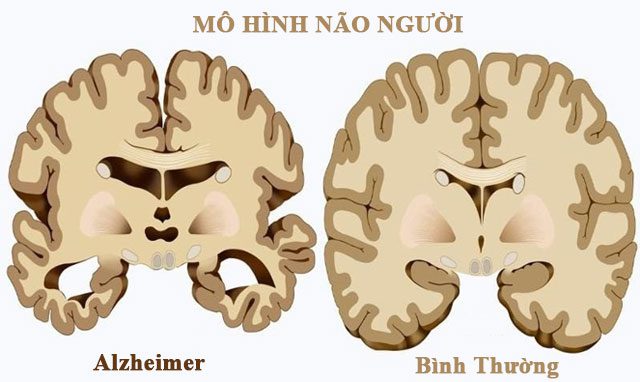Research conducted by experts at Griffith University suggests that the habit of nose-picking may lead to Alzheimer’s disease, a brain condition that affects memory, thinking, and behavior.
On October 29, a study published in the journal Scientific Reports by specialists from Griffith University indicated that the habit of nose-picking could cause infections in the olfactory nerve, potentially leading to Alzheimer’s disease.
The findings reveal that Chlamydia pneumoniae, a harmful type of bacteria, can use the nerve pathway that extends from the nasal cavity to the brain as a route to invade the central nervous system. Subsequently, cells in the brain respond by undergoing a harmful process that leads to the accumulation of amyloid beta protein, a protein associated with Alzheimer’s disease and other forms of dementia.

Scientists believe that the habit of nose-picking may cause infections in the olfactory nerve, leading to Alzheimer’s disease.
“We are the first unit to prove that Chlamydia pneumoniae can go directly up the nose and into the brain, causing conditions like Alzheimer’s disease. The research was conducted on mice, providing evidence that this condition could occur in humans,” shared Professor James St John, Director of the Clem Jones Centre for Stem Cell Research and Neurobiology.
According to experts, the olfactory nerve in the nose is directly exposed to the air, providing a short pathway to the brain that bypasses the blood-brain barrier. Viruses utilize this route to sniff out and easily invade the brain. The research team has planned the next phase of the study to demonstrate the disease risk in humans. Professor St John advises that people should avoid nose-picking or plucking nasal hairs to prevent internal nasal injuries. He noted that damaging the mucosal layer could increase the number of bacteria entering the brain.

Alzheimer’s disease is a cause of memory loss.
Alzheimer’s disease is a brain disorder that affects memory, thinking, and behavior. It is not a normal aging condition or a neurological disease. The disease tends to worsen over time, adversely affecting daily activities, memory, language skills, and the cognitive functions of individuals.
With Alzheimer’s disease, not only the patients but also their caregivers are affected. Caring for individuals with Alzheimer’s can be particularly challenging, and many families or friends who help look after patients have experienced significant emotional stress.
Alzheimer’s disease is a progressive condition that worsens over time and currently has no cure. The treatment goal is to slow the progression of the disease and improve the quality of life while minimizing the negative impacts of the disease on daily living.


















































